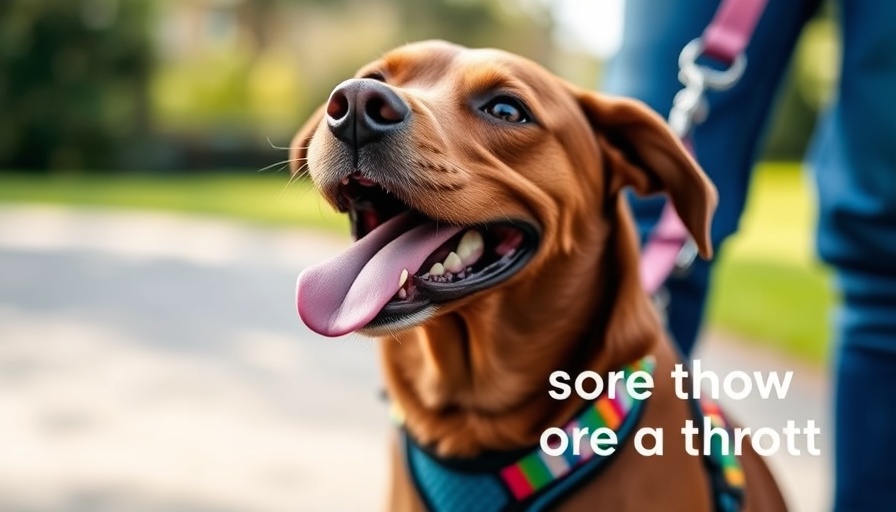
Understanding Your Pup's Gassy Habits
Every dog owner has been there. You’re curled up on the couch, enjoying some downtime with your furry friend, when suddenly, a loud noise breaks the silence, followed by a less-than-pleasant odor. Welcome to the world of canine flatulence. But fear not! Occasional gas is perfectly normal for dogs. What’s important is to understand when it becomes an issue and how you can support your dog’s digestion.
When is Gas Considered Normal?
Just like humans, our dogs produce gas as a byproduct of digestion. If your canine companion occasionally lets one rip without signs of discomfort, chances are, you're witnessing a normal bodily function. But when should you start worrying? Pay attention to the frequency and intensity of the gas. If your dog is farting excessively, the gas has a notably foul smell, or if it’s accompanied by symptoms such as loose stools, vomiting, or a sudden change in appetite, it might be time to investigate further.
The Common Culprits Behind Dog Gas
Gas in dogs can stem from several factors, largely tied to diet and eating habits. Here are four major contributors:
- Swallowing Air: Dogs that race through their meals or breeds with shorter snouts, like Bulldogs, often swallow air while eating. This extra air can build up in the stomach, leading to increased flatulence.
- Diet Composition: Ingredients like soy, beans, peas, and certain dairy products can be difficult for dogs to digest. These components may ferment in the gut, contributing to gassiness.
- Abrupt Food Transitions: A sudden switch in diet can upset the natural balance of gut bacteria. Gradually introducing new foods helps prevent digestive disturbances.
- Eating Behaviors and Meal Timing: Pups who gulp down their food, go for a walk immediately after eating, or have unpredictable feeding schedules may experience more gas. Regular meal times and portioned feeding can mitigate this issue.
The Importance of Diet and Digestion
What your dog eats directly impacts how their body processes food and absorbs nutrients. A balanced diet supports a healthy gut microbiome, minimizing excessive gas production. Consider investing in high-quality foods that cater to your dog's specific needs and digestive health.
Making the Switch from Kibble to Fresh or Raw Foods
As pet parents seek to provide the best nutrition, many are making the switch from kibble to fresh or raw diets. These options tend to be richer in nutrients and easier to digest for some dogs. However, transitioning too rapidly can inadvertently upset their digestive system. Always mix small amounts of the new diet with their old food, slowly increasing the ratio over a period of several days. This gradual process encourages a smoother adjustment and helps establish a balanced gut microbiome.
Knowing When to Consult a Professional
If your dog’s gassiness persists and you're concerned about their health, consider scheduling a consultation with a vet or a canine nutritionist. They can provide personalized advice tailored to your dog’s specific needs, helping identify any food intolerances or allergies that may be contributing to digestion issues.
Creating a Healthier, Happier Dog
Understanding your dog’s unique digestive needs can lead to a more comfortable and happy life for both of you. Stay informed, monitor changes in their behavior and gas, and remember: a loving, attentive pet owner is always the best medicine. With the right dietary strategies and a touch of patience, a happier pup is just around the corner.
For additional dog care tips and nutrition advice, explore resources dedicated to canine health and wellness. These insights will not only benefit your dog but also enhance the joyful bond you share.
 Add Row
Add Row  Add
Add 




Write A Comment